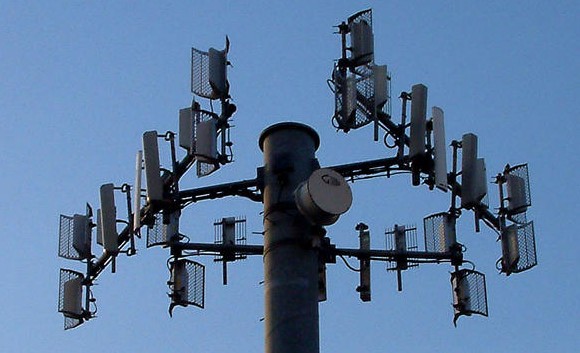T-Mobile is back in the spotlight, but this time for being a target of a sophisticated cyber espionage campaign orchestrated by the Chinese advanced persistent threat (APT) group known as Salt Typhoon. While the mobile giant has stated that its systems and customer data remain uncompromised, the incident serves as a reminder of the growing threats to critical infrastructure and the ingenuity of nation-state attackers.
The attack, described by U.S. government officials as "broad and significant," has reportedly been underway for months. Salt Typhoon has targeted multiple telecommunications providers, including AT&T, Verizon, and Lumen Technologies. The attackers focused on accessing sensitive communications and data, especially from individuals involved in government or political activities. The stakes are high, and the implications extend beyond the telecom industry.
Salt Typhoon, also known by names like Earth Estries and FamousSparrow, is a seasoned APT group with a history of targeting high-value sectors. In this campaign, the group leveraged vulnerabilities in widely used systems, such as Cisco routers and Microsoft Exchange servers, to infiltrate telecom networks. Once inside, their methods were alarmingly effective, using custom backdoors and anonymized data exfiltration techniques to avoid detection.
Although T-Mobile emphasized that its advanced security controls and monitoring systems mitigated significant impacts, the breach underscores a troubling reality: no organization, no matter how prepared, is entirely immune to sophisticated attacks like these.
This incident isn't just about one company or even one industry—it's a glimpse into a larger strategy employed by nation-state actors to exploit weaknesses in critical infrastructure. The attack's focus on call records and communications from government and political figures highlights the dual threat to national security and democratic processes.
Reports have even suggested that the attackers may have sought data from campaign phones belonging to President-elect Donald Trump and Vice President-elect JD Vance. While details remain unclear, this potential breach of political communications adds another layer of urgency to the situation.
[RELATED: Trump Campaign Confirms Hack, Suggests Iranian Involvement]
The implications are also global. Salt Typhoon's campaigns have targeted telecommunications networks in allied nations, demonstrating that the threat is not confined to U.S. borders. The interconnected nature of telecom infrastructure makes it an appealing target for cyber espionage.
Salt Typhoon's methods are as adaptable as they are advanced. The group combines legitimate tools with custom malware to bypass defenses and maintain access to compromised systems. Their toolkit includes malware like TrillClient, ShadowPad variants, and stealthy backdoors like Cryptmerlin. Their ability to exploit vulnerabilities and even repurpose victim infrastructure as part of their operations demonstrates a sophisticated understanding of their targets.
The group's evolving tactics make them particularly challenging to detect and defend against, even for organizations with robust cybersecurity programs. This campaign further illustrates how attackers constantly adapt to stay ahead of defenders, making it critical for organizations to do the same.
While T-Mobile reports no evidence of sensitive data exfiltration, this incident should still serve as a wake-up call for the telecom industry and beyond. The stakes are too high for complacency. Companies must reassess their cybersecurity strategies, particularly around patching vulnerabilities and monitoring for unusual activity.
Follow SecureWorld News for more stories related to cybersecurity.





